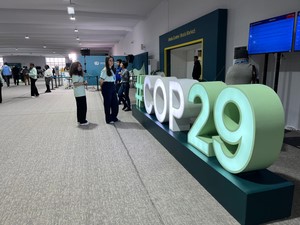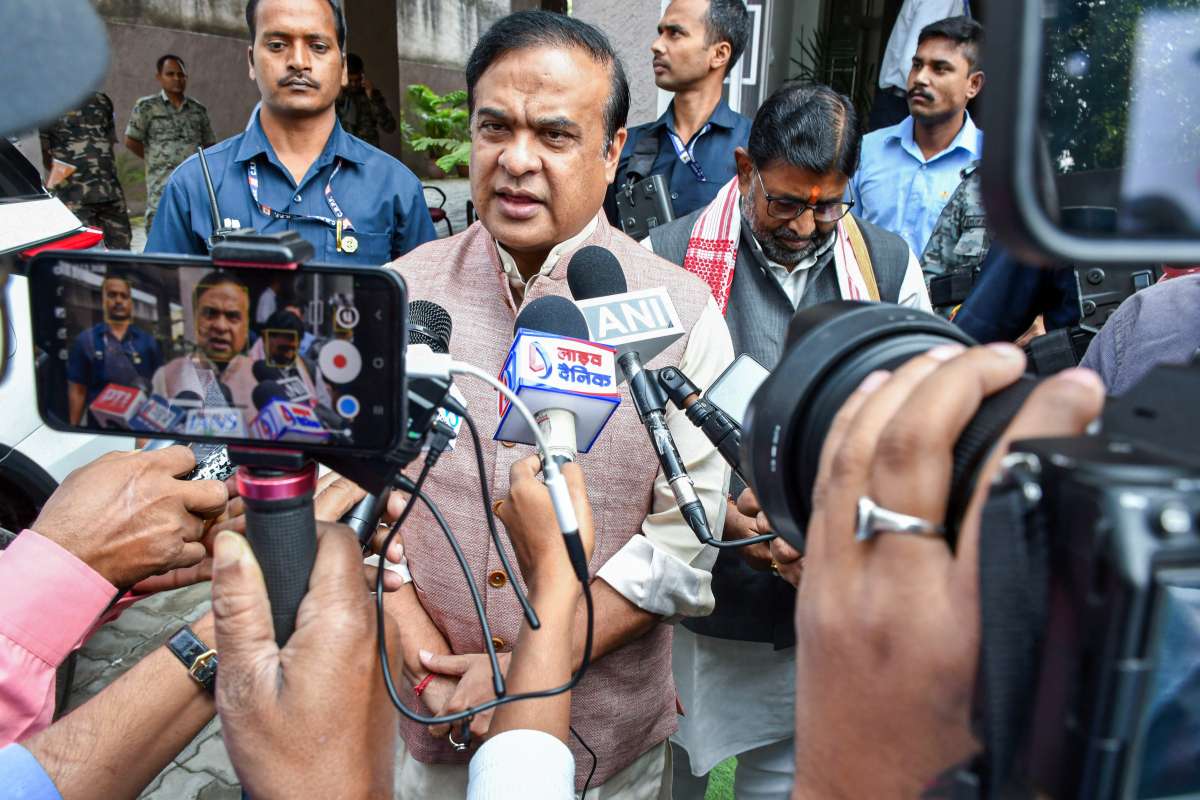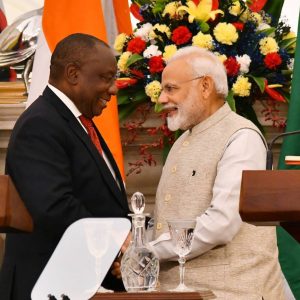Speaking about the outcomes of COP29 at a session, she said the conference, which was anticipated to focus on implementation, fell short of expectations. …reports Asian Lite News
Describing COP29 as one steeped in “semantics and not solutions”, a senior Indian official has called the proceedings a missed opportunity to mobilize meaningful climate finance for adaptation and mitigation efforts in developing nations.
Leena Nandan, Secretary of the Environment, Forest, and Climate Change Ministry, highlighted India’s strong stance during negotiations and its leadership role in articulating concerns of the developing world.
Speaking about the outcomes of COP29 at a session, she said the conference, which was anticipated to focus on implementation, fell short of expectations.
“This was to be an enabling COP, a COP which was going to be focused on the means of implementation and what is means of implementation other than funds and resources. And here it was that we found semantics and not solutions. We found rhetoric and not results. And that has been the biggest disappointment,” she said, adding that the sentiment was echoed across the Global South.
Nandan criticized the failure to meet financial commitments, pointing to the stark gap between the widely discussed goal of $1.3 trillion in annual funding and the finalized New Collective Quantified Goal (NCQG) of $300 billion by 2035.
“Where does that leave us? Precisely nowhere,” she said, emphasizing the dire need for adaptation funding to address challenges affecting billions globally.
A significant issue, Nandan noted, was the absence of a clear definition of climate finance, which allows developed nations to inflate their contributions.
“Without a definition, any claim about mobilized funds becomes unverifiable. The only monitoring the developed countries seem interested in is tracking mitigation levels, not the actual flow of concessional finance to developing nations,” she said.
India, she added, strongly opposed efforts to dilute the principle of CBDR, enshrined in the Paris Agreement, particularly through demands for uniform climate finance reporting by developing nations.
India also raised concerns about the shift in focus within the Mitigation Work Program (MWP). Originally designed to channel actions towards emission reductions, the MWP, Nandan argued, has been reduced to mere monitoring and tracking mechanisms, neglecting the critical issue of providing concessional or grant-based finance for mitigation.
Shyam Saran, former Special Envoy and Chief Negotiator on Climate Change, underscored the immense pressure India faced during negotiations.
“There’s this psychological warfare where India is often painted as standing in the way of international consensus. All we are asking is for developed nations to fulfill commitments they have already made,” he said.
Saran also highlighted the inequities in the global climate regime, noting that India’s developmental challenges, including energy poverty, make emission reductions a complex task.
“If we cap emissions to meet global targets, it will come at the cost of India’s development,” he added, criticizing the narrow focus on current emissions while ignoring historical contributions by developed nations.
India took a firm stand against the Carbon Border Adjustment Mechanism (CBAM), a trade measure seen as unfairly targeting developing nations. Nandan noted that the G77 and China supported India’s position, calling CBAM fundamentally inequitable.
ALSO READ: Kerala calls for gender-inclusive tourism practices














